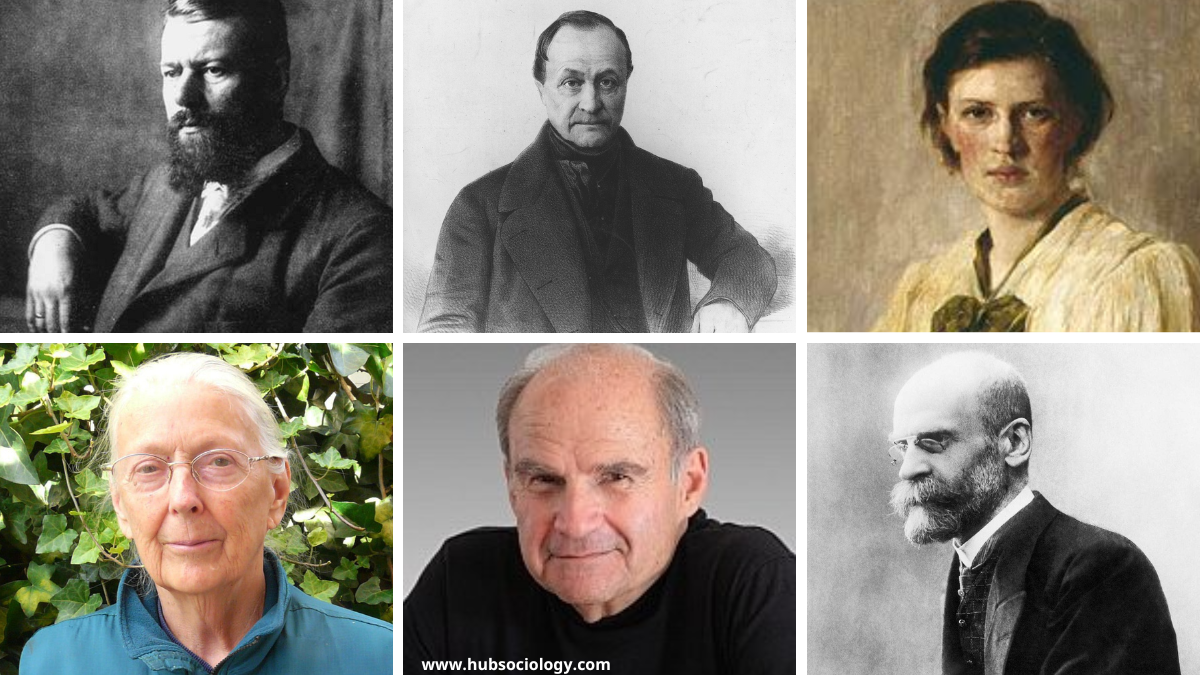Sociology of the Global System on Development
Introduction on Sociology of the Global System The concept of development has long been a central theme in sociology, especially in understanding the global system and its structural inequalities. The “sociology of the global system on development” refers to the sociological study of how global structures—such as capitalism, international institutions, colonial legacies, and cultural flows—shape … Read more



